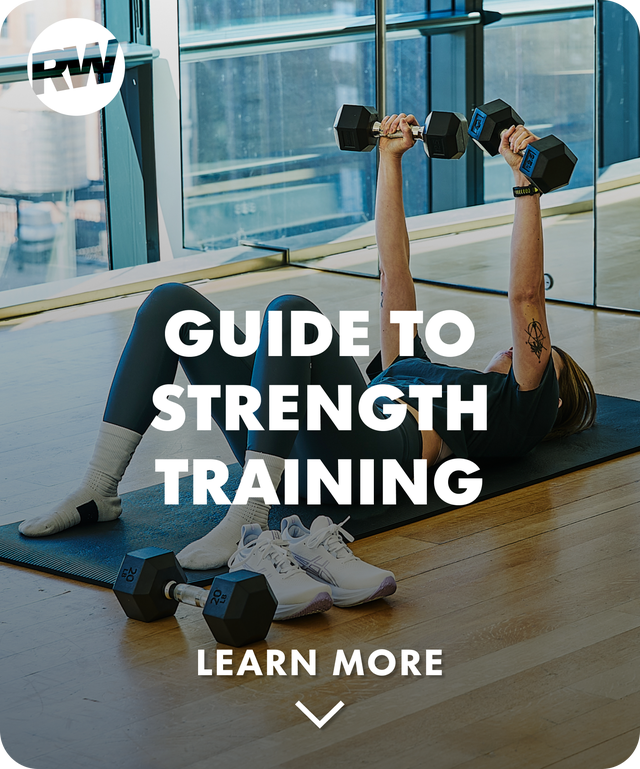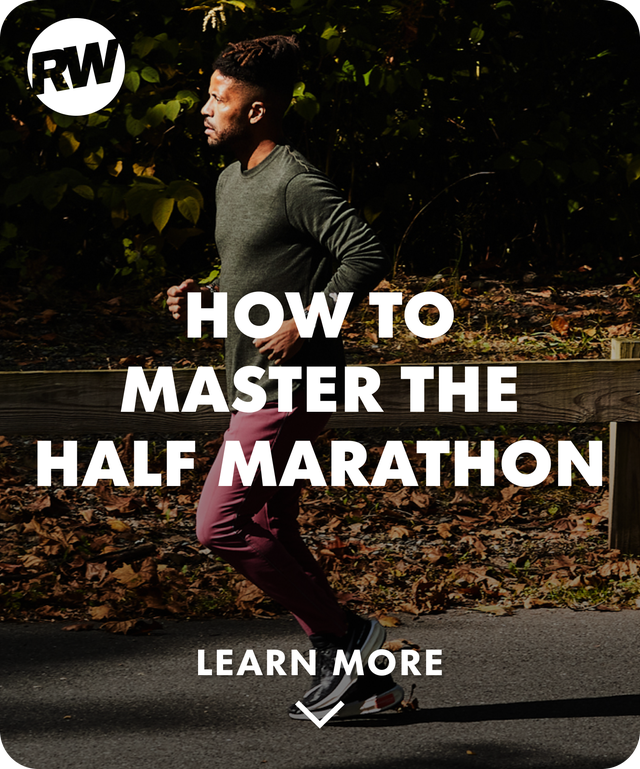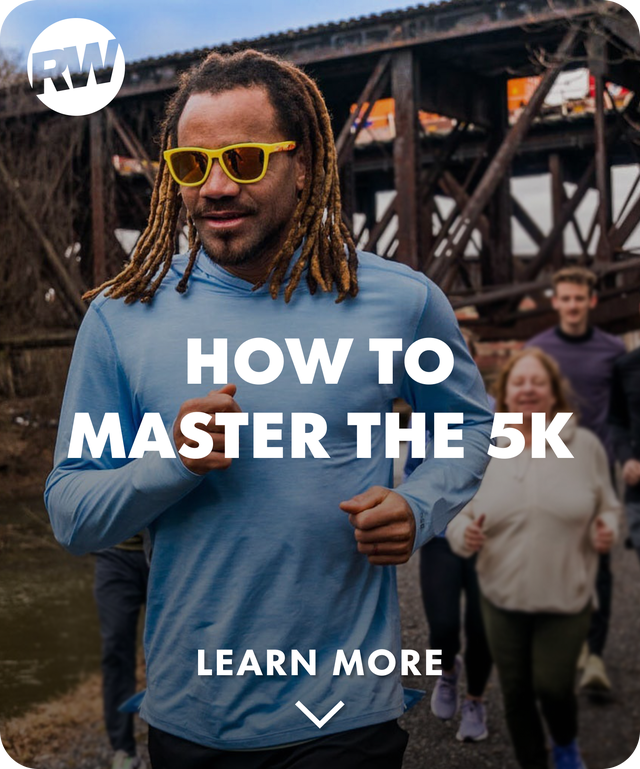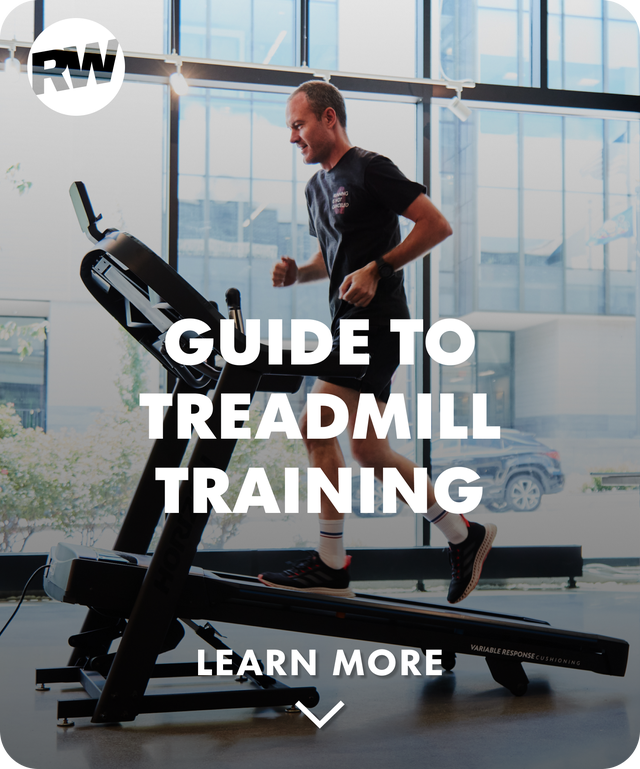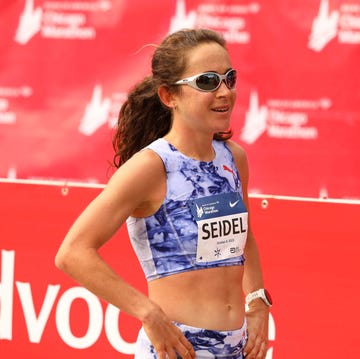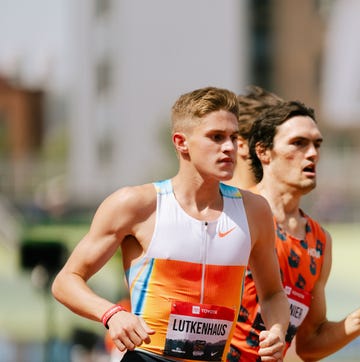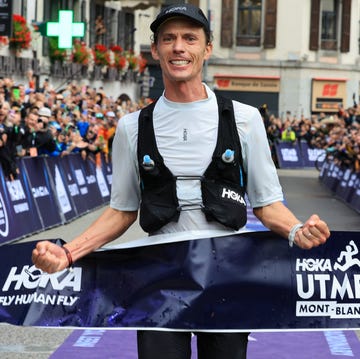The USATF Championships were arguably going well for Allie Ostrander.
In the midst of an up-and-down season that saw her come back from surgery, a stress reaction, and a viral illness the week before the meet, the 28-year-old snagged the final spot in the women’s steeplechase final. But on Saturday afternoon, the Alaska native was a “DNS”—the dreaded abbreviation signaling she did not start the race.
One year after placing seventh in the Olympic Trials final, Ostrander decided not to toe the line. She’s still trying to figure out exactly why.
“Going into the final, I was like, I have zero emotion left, zero mental energy left to give to this race,” she said. “And when I think about it, I would rather disappear than race at all.
“I hate that this is how I felt, but it was literally like I was incapable of racing. I could not do it. I couldn’t fathom doing it. I couldn't even think about warming up … which is crazy because it’s what I live to do. Usually I love racing and look forward to it. Yeah, I get nervous for races, but it’s like, I get really nervous because I care a lot, and this one—I just felt nothing.”
Ostrander is sponsored by Oiselle and is one of few professional runners who chronicles the ups and downs of her life on her popular YouTube channel. The week before the race, Ostrander described having a viral illness that brought her down with a fever one day and caused a red rash to break out all over her legs another, leaving her extremely fatigued.
“It was the craziest feeling I’ve ever had in my life,” she said. “I felt so tired. I couldn’t run faster than eight-minute pace. But then I did a workout and it went fine, so I was like, ‘well, I guess we’ll go to USAs.’ It’s not like any other race where you can just choose a different opportunity, you know, it’s the only one of the year.”
The bewildering illness was perhaps a physical manifestation of Ostrander’s overall stress levels this year.
“What I felt throughout this year and especially at USAs was cumulative stress, overtraining, and emotional exhaustion,” she said in a new YouTube video. “Even though my training and general structure this year was similar to the past, I had a lot of life stress this year that contributed to the overall load … that combined with the condensed timeline that was necessitated by the injury made it really hard to recover from and adapt to the training that I was actually doing.”
Ostrander started 2025 off strong, clocking a 1:11:10 debut at the Mesa Half Marathon in February, but she was sidelined by a stress reaction in her shin just a few short weeks later. Despite an abbreviated buildup, she refused to back down from the ambitious goal she made at the beginning of the year to make U.S. teams for both track and trail running.
Looking back now, she admits she may have tried to do too much with too short of a timeline.
While working with coach David Roche to train for track and trail championships simultaneously, Ostrander got engaged to long-time partner Spencer Brown, bought a house and moved, and said ‘yes’ to a lot of travel opportunities for work—all “good” stress, but stress nonetheless that taxes the body in sometimes unseen ways that can diminish capacity for training.
Ostrander finished just sixth and 17th at her two attempts at U.S. trail running championships—the USATF Mountain Running Championships and USATF Vertical Mountain Running Championships—with only a few weeks to change gears for the steeplechase.
“All year my body has been giving me signs that it’s had enough,” she said. “Eventually those small signs turned into a scream and my body demanded that I stop.”
Sometimes the answer is a big reset.
Ostrander spent the week after USAs in Cape Cod with Brown’s family, taking time fully off social media and relaxing while getting her miles in.
Ostrander isn’t done for the year, and she still has plenty of goals for the years ahead of her. The last time she made a U.S. team was in 2019, when she represented Team USA in the steeplechase at the Doha World Championships. She wants to not only make the team again, but qualify for a global final.
“Every time I’ve had a steeple season, there’s something that came up or went wrong or just some way in which I felt like there’s still more to give,” she said. “There’s still untapped potential. I haven’t been able to see exactly what I can do in the event and that is what keeps pulling me back.”

Johanna Gretschel is a freelance writer and broadcaster living in Austin, Texas, who has covered elite track and field and running in all its forms. She contributes to Runner’s World, ESPN, Austin American-Statesman, FloTrack, MileSplit, Women’s Running and Podium Runner. Yes, she has run a marathon!


